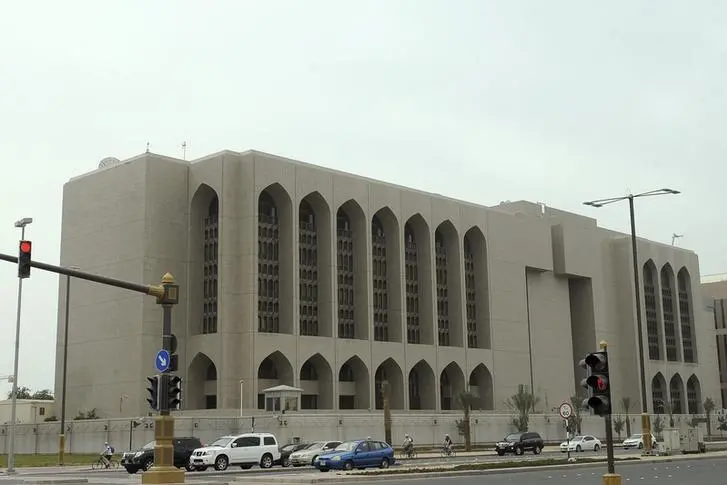PHOTO
With fears over the coronavirus pandemic intensifying, fraudsters are quickly reviving old tricks to steal people’s money.
The UAE’s Central Bank warned consumers on Monday that scammers are at it again, and this time, they’re exploiting the health crisis to trick the public into sharing their personal and bank account details.
These fraudsters are reportedly posing as representatives of the central bank and sending out fake messages or calling customers spooked by an onslaught of news coverage about the pandemic. Their goal is to collect personal information, such as usernames and passwords, to access customers’ credit cards or bank accounts.
“We at Central Bank of the UAE confirm that we never ask consumers about private information, such as personal and bank account information, and warn consumers to be alert and aware of malicious phone calls and WhatsApp messages claiming to be from CBU AE, which are also of fraudulent nature,” the regulator said in a statement.
“Fraudsters always look for opportunities to target consumers, and as the public is engaged with COVID-19 pandemic news, fraudsters are using different tactics to increase fraudulent activities on banking customers,” The central bank advised the public to avoid responding to suspicious phone calls and messages, as well as clicking on hyperlinks or malicious attachments.
“The public should be aware that CBU AE never conducts phone calls (unless a consumer complaint has been logged through the right channels with a reference number) or uses social media to contact individuals or businesses,” the regulator said.
“Any suspected fraud phone call should be reported to the respective authorities. The Central Bank is closely working with concerned authorities to halt such fraudulent activities,” it added.
Law enforcement agencies and regulators around the world have alerted the public recently against scammers that exploit people’s fears.
In the United Kingdom (the UK), local councils have warned residents that fraudsters are posing as representatives of the World Health Organization (WHO) and promising people that they could alert them about infected residents in their area in exchange for an undisclosed sum of bitcoin.
According to the UK-based National Fraud Intelligence Bureau, residents have already lost 800,000 pounds ($993,845) to fraudsters. In one of the reported cases, a consumer ordered protected face masks worth 15,000 pounds that were never delivered.
(Reporting by Cleofe Maceda; Editing by Mily Chakrabarty)
#ECONOMY #FRAUD #SCAMS #UAECENTRALBANK #FINANCIALSERVICES #CORONAVIRUS
Disclaimer: This article is provided for informational purposes only. The content does not provide tax, legal or investment advice or opinion regarding the suitability, value or profitability of any particular security, portfolio or investment strategy. Read our full disclaimer policy here.
© ZAWYA 2020




















